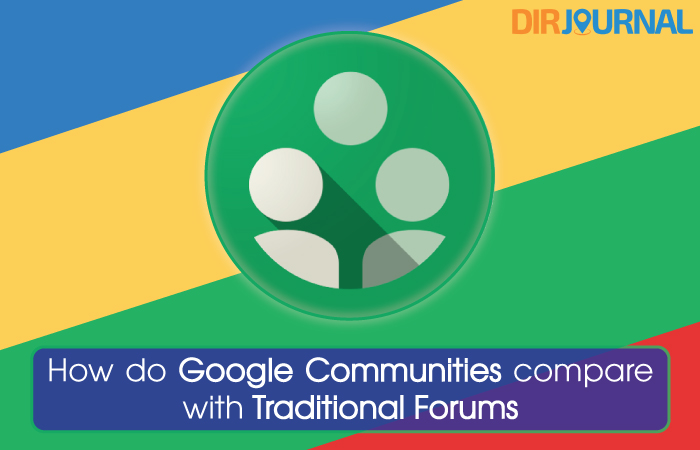Our topic here is those online “water cooler” sites where you can discuss what interests you with kindred spirits. There are many such places but what they all have in common is that you will find threaded discussions organized into categories. Someone starts a discussion and others join in. If you are a Googlephile, then possibly you instantly thought about Google Groups.
No We’re Not Talking About Google Groups
You can be forgiven for thinking Google Groups because if you go to that website here is what you will see.
Welcome to the new Google Groups
The new Google Groups is an improved way to participate in online discussions.
That sounds fine but if you explore a little you can begin to have concerns. For example there is a forum for Google Reader Help. You may remember that Google seems to be trying to bury Google Reader as quickly as possible. This may be one item they overlooked for the time being.
As Wired.com points out there are 5 Products That Should Fear Google’s Next Killing Spree. The second of these five products is Google Groups:
This is Google’s hub for online discussion groups. It is widely regarded as superior to the competing and once dominant offering from Yahoo, but that’s not saying much. Google Groups has the stink of neglect about it. Serious online groups tend to move off the platform and into custom-coded websites, vertical community platforms like StackOverflow, or adaptable open source solutions like Discourse and phpBB.
I guess there is a limit to the speed at which Larry Page can prune out all the weaker shoots in the Google garden. However the watchword now is Google Plus, the social medium that Google is trying so hard to get everyone involved in. The latest addition here is Google Communities.
What are Google Communities
If you did not get the memo, Google Communities is the place where you can talk about the stuff you’re into with people who love it too, which of course is our topic today.
There is certainly a useful functionality here, but you should be aware that Google+ Communities Don’t Change Anything.
Google+ Communities are not a replacement for hosting your own community. They have the same issues that many remotely hosted community solutions have.
- Can you use your own domain name, as such, create transferable value with search engines? You can’t – you can’t take your Google+ Communities address with you.
- Can you go deeper than the functionality Google+ Communities allows you, adding custom functionality? You can’t – you have what Google+ allows you to have.
- Most importantly, can you export the data of the community into a format you can actually use to change to a different platform? You can’t.
So you must accept it for what it is. … and apparently many people are.
Some Examples Of Google Communities
As you can see from the following examples, communities have rapidly attracted large numbers of members.
- Google+ Discuss – A place to chat about Google+
- Google Authorship & Author Rank
- Community Moderators
- SEO+ – Search Engine Optimization / Website Design
Finally I will include one where I moderate which allows me to get a more in-depth view of how communities are operating:
Traditional Forums
I also moderate in a traditional forum, Cre8asite Forums, which is a leading Community for Usability, Search Engine Marketing, Social Networking, Site Planning & Web Site Development and has been active since 1998.
I took the opportunity to quiz some of my fellow moderators on how they sole google communities as compared with a traditional forum. Here are their comments:
- Egol – My experience with google forums is that they are like revolving doors. Although there are a few people who are long-time posters most of the action is from strangers popping in, asking a question and then vanishing for good. When I come to Cre8asite I find a place where a core of dedicated people – who I consider friends – have been posting for about a decade. I know a lot about these people because I have been reading and valuing their posts for many years. In short, the community here is a community of trusted friends.
- iamlost – Google doing social media is like a technically proficient emotionally deficient pianist: they know the order to play which keys but somehow the soul, the purpose, of the piece is missed…
- jonbey (Jon Wade) – Maybe the people give a place its soul, not the machines? I am involved in one small Google+ community (for UK Website Owners and Managers). Early thoughts are….. (it’s only been running a few days)
- No faffing with building and managing a website / forum
- So far, no spam – mods can still control who joins and boot people out
I must say that these comments reflect my own views. Visiting a Google Community is like standing in Central Station in New York. You may have a chance to interact with a small number of people but you hardly know them and they may not be there tomorrow.
A traditional forum like Cre8asite is much more like the local pub, an analogy I have used often over the years. As they used to say in Cheers, everybody knows your face. Google communities are just too big for that ever to happen.
